Elder Law and Estate Planning – Common Misconceptions
June 24, 2025
When it comes to estate planning, it’s easy to put things off. The legal terminology can be intimidating, and many families assume their assets aren’t enough to require advanced planning. However, failing to prepare now can lead to legal complications, financial strain, and unnecessary stress for loved ones in the future. Whether you’re planning for your future or helping a parent navigate later-life decisions, understanding the importance of elder law and estate planning is essential.
Common Misconceptions
Learning the facts—and clearing up common misconceptions—is an important step in securing peace of mind and long-term stability. Here are some of the elder law and estate planning myths that hold families back from making the appropriate preparations.
“I Don’t Really Need a Will.”
A common misconception among aging adults is that a will is only necessary for those with large estates. In reality, a will is one of the most important tools in elder law and estate planning, regardless of your net worth.
If you pass away without a will in place, your estate enters what’s known as intestacy. That means the state of New Jersey decides how your assets are distributed, who gets what, and even who will care for minor children, if applicable. Not only is the process slow and public, but it can also spark significant controversy if family members don’t agree.
A properly drafted will gives you control over how your property is divided, ensures that personal items go to the people you choose, and can even outline funeral preferences. It’s about making sure your voice is heard, even after you’re gone.
“I’m Too Young for Estate Planning.”
Many people delay estate planning, thinking they’ll get around to it when they’re older or when their health starts to decline. Unfortunately, life doesn’t always follow a predictable timeline. Accidents, illness, or sudden incapacity can strike when you least expect it.
Starting early with elder law and estate planning allows you to make thoughtful decisions about your care, finances, and legal representation long before an emergency strikes. By having essential documents like advance directives and powers of attorney in place, you maintain control over both medical and financial matters, no matter what the future holds. It also reduces the burden on your family, who might otherwise have to make difficult decisions without your input.
“Medicare Covers Long-Term Care.”
One of the biggest misconceptions associated with elder law and estate planning is the belief that Medicare will cover the costs of long-term care. This simply isn’t true.
Medicare may cover short-term stays in skilled nursing facilities after a hospital admission or limited home health care under specific circumstances. However, it does not cover custodial care, such as help with bathing, dressing, or meal preparation, which is what most seniors eventually need. That type of care is often provided in assisted living or nursing home settings and can cost thousands of dollars a month.
Without a plan, these costs can quickly drain a lifetime of savings. Elder law attorneys can help families prepare for long-term care by exploring Medicaid eligibility, asset protection strategies, and legal tools such as trusts. By understanding the eligibility requirements early, you can plan smarter and protect your finances down the road.

“I Don’t Have Enough Money to Worry About Estate Planning.”
Estate planning isn’t just for the wealthy. Everyone, regardless of income or assets, has something worth protecting—whether that’s a family home, savings account, or simply the right to make their own healthcare choices.
Elder law and estate planning help ensure that your wishes are carried out, your assets are passed down efficiently, and your loved ones avoid unnecessary legal hurdles. Even if your estate is modest, planning ahead can help you qualify for benefits, avoid probate, and prevent family conflict.
Additionally, estate planning often includes appointing someone you trust to manage your affairs if you become incapacitated. Without this, your family may have to navigate the court system to obtain legal authority—an expensive and time-consuming process that can easily be avoided with proper planning.
“I Can Just Use Online Forms.”
It’s tempting to think you can download a few documents online and call it a day. But DIY legal forms often fail to meet New Jersey’s legal requirements, especially when it comes to elder law and estate planning.
Online forms are often too generic, outdated, or not tailored to your unique situation. Without proper legal guidance, these documents can be misinterpreted, rejected by courts, or create unintended consequences that put your assets and family at risk.
An elder law attorney will take the time to understand your individual goals, family dynamics, and financial circumstances. They’ll ensure your documents are valid, legally enforceable, and aligned with state-specific laws. Most importantly, they’ll offer strategic advice that an online template simply can’t provide.
The Elder Law and Estate Planning Experts
At Waypoint Legal, we understand how personal and emotional estate planning can be. These decisions aren’t just legal—they’re about safeguarding the future for you and the people you care about most.
Our team works closely with clients across New Jersey to build custom, thoughtful plans that reflect the wishes and values of each client. Whether you need a will, assistance with long-term care planning, Medicaid guidance, or help navigating a complex family situation, we’re here to help.
Contact Waypoint Legal today to schedule a consultation and take the first step toward peace of mind through comprehensive elder law and estate planning. We take pride in providing clear guidance, compassionate service, and sound legal strategies that empower you to make confident choices about the road ahead.
Elder Law and Estate Planning FAQs
Do I still need a will if I don’t own much?
Yes. A will ensures that your wishes are followed, no matter how modest your estate. Without one, state law decides how your assets are distributed, which can create confusion and conflict among your loved ones.
When is the right time to start estate planning?
Now. Many people think estate planning is only for older adults, but it’s important to have documents like a will, power of attorney, and healthcare directive in place well before a crisis occurs.
Will Medicare pay for my nursing home or assisted living care?
No. Medicare does not cover most long-term care costs. It may cover short-term care after a hospital stay, but custodial care—like help with daily activities—is not included.
What if I think my assets aren’t valuable enough for estate planning?
Estate planning is about more than wealth. It ensures your healthcare and financial decisions are honored, protects what you do have, and helps your family avoid legal hassles in the future.
Can I just use an online template to create my legal documents?
Online forms are often too generic and may not meet New Jersey’s specific legal requirements. A qualified elder law attorney can tailor your documents to your unique needs and help you avoid costly mistakes.
How can an elder law attorney help with long-term care planning?
They can help you prepare for the high costs of care by exploring Medicaid eligibility, protecting assets, and setting up trusts or other legal tools that preserve your financial security.
Get Free Legal Advice Sent to Your Inbox.
Waypoint Legal, LLC. Jersey Elder Lawyers



 (732) 361-2533
(732) 361-2533 



